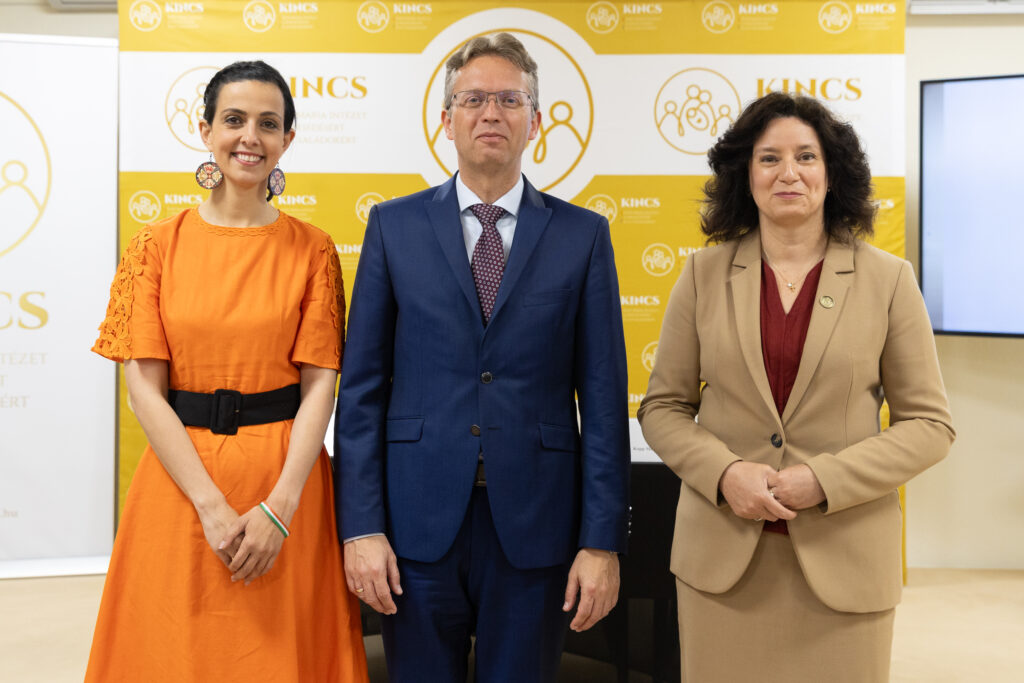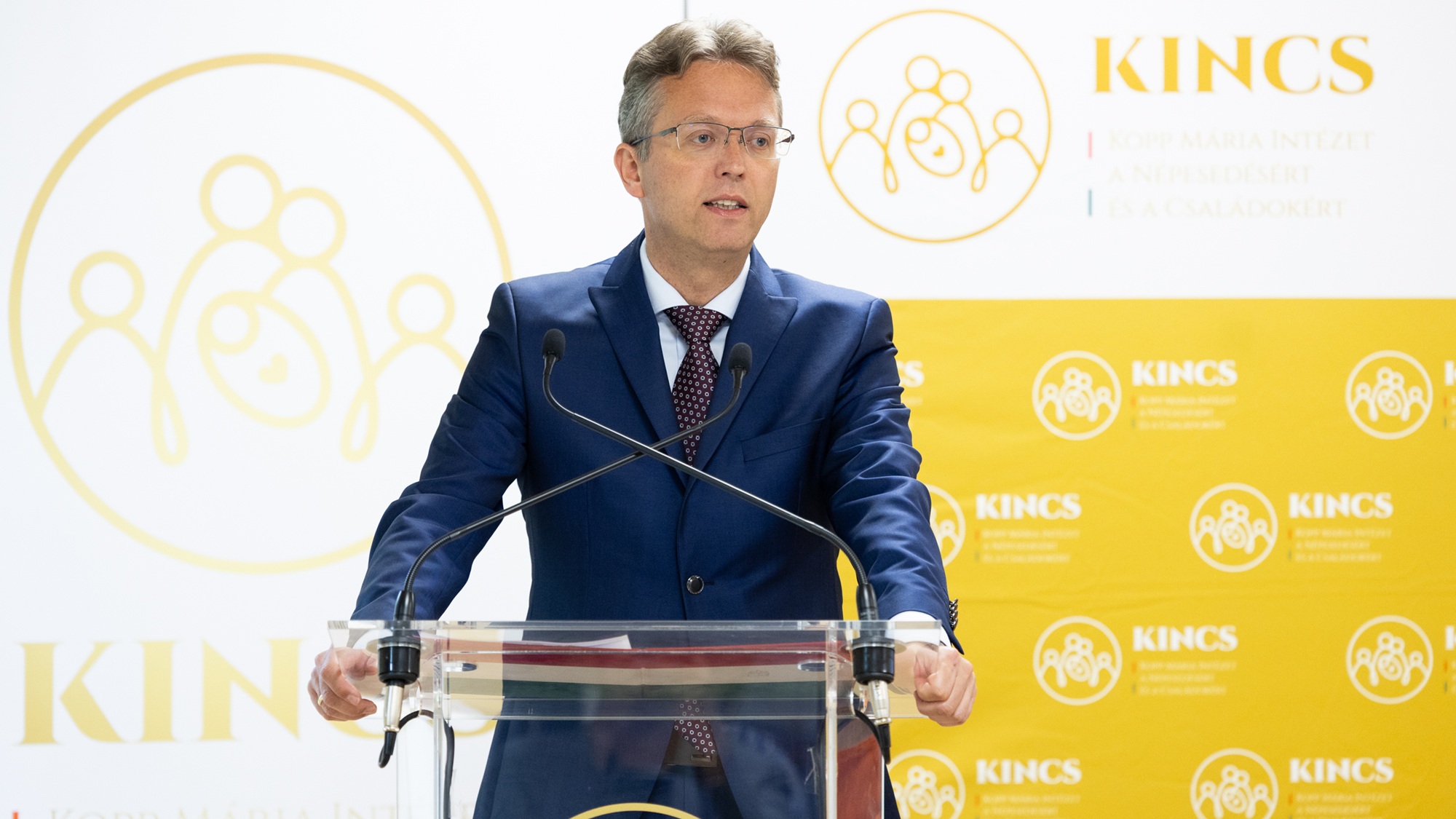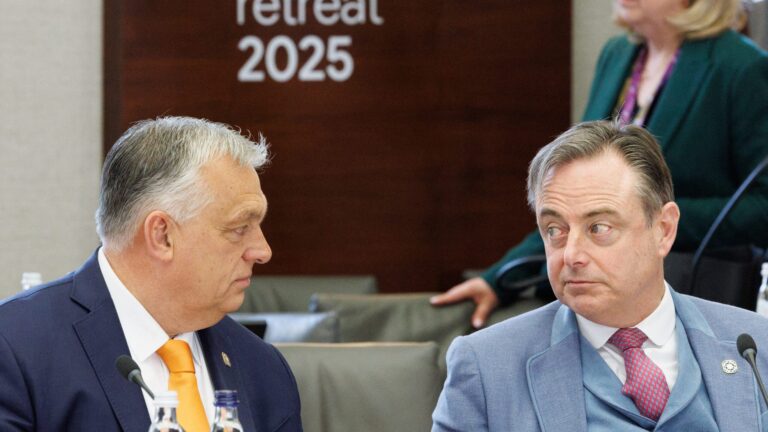Minister of Culture and Innovation Balázs Hankó of Hungary held a joint press conference with State Secretary for Families Zsófia Koncz, and Mária Kopp Institute for Demography and Families (KINCS) President Tünde Fűrész at KINCS headquarters in Budapest, Hungary on Wednesday, 6 May.
Minister Hankó highlighted that the Hungarian family model is based on ‘respect for women, protection for families,’ two phrases he repeatedly brought up during his address to the press. He also told reporters that this is why 500,000 additional mothers will become income tax exempt from 1 January of next year. He pointed out that once a mother receives an income tax exemption, the supposed gender pay gap, which is right around the income tax rate of 15 per cent in Hungary, disappears.
The Minister went on to say that, unlike Brussels, the government in Budapest prioritizes traditional families over migrants. This year, he added, the Hungarian government is spending 3.814 trillion HUF ($10.67 billion) on family support measures. However, they are planning to increase that number even more, to 4.8 trillion HUF ($13.42 billion), next year. That equals 5 per cent of the country’s annual GDP.
In addition to giving income tax exemption to mothers of three, Minister Hankó informed, the Orbán administration will also be doubling the child tax credit for parents. Again drawing a contrast with Brussels, he stated: ‘We are spending our funds on peace, family, and children, thus on life; and not on war, which eventually brings death.’

Secretary Koncz started her piece by saying that ‘these are joyful times for Hungarian families’, since the government’s family support policies constitute ‘the largest tax reduction programme in Europe,’ as she put it.
She also talked about how by 2029, all mothers of two or more children are set to become income tax exempt in Hungary, while young people under the age of 25 are already exempt. She also lauded the fact that infant care support payments (CSED) and maternity leave payments (GYED) have ceased to be income taxed as well, so mothers can now keep 100 per cent of such payments from the government. This has been made possible by the Hungarian economy and its strong labour market, she explained. As she reminded all, the incoming Fidesz government pledged to create 1 million new jobs when it took office back in 2010, which has since been achieved.
Meanwhile, Ms Fűrész talked about the widespread approval of these family support measures, as measured by polling carried out by her institute, KINCS. Making CSED and GYED payments tax-exempt is the most popular among them, with 86 per cent approving. Also, 74 per cent of Hungarians believe that family policies should be tailored to the needs of the mothers, she shared.
Related articles:







